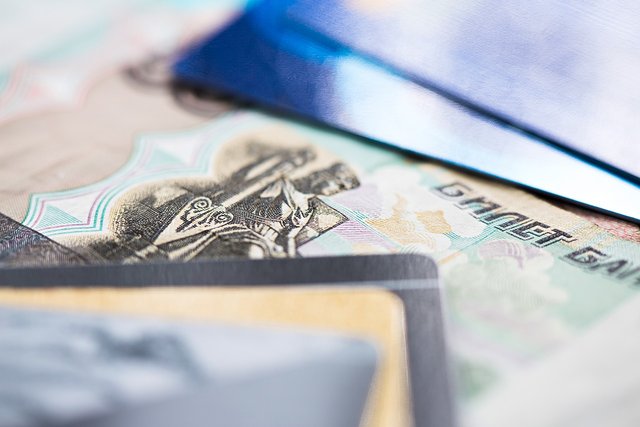When fear and greed replace financial logic
Hello PussFi Friends, good day everyone. Today I want to share something that's been on my mind these past few days, especially after seeing how the markets performed this week. And I'm not just talking about the crypto space, but also about traditional stock markets.
If you look closely, it seems like everything is driven by mathematical formulas, by algorithms that calculate down to the smallest detail, but in reality, what often drives prices up or down isn't logic, but human emotions. And yes, it may sound strange, but behavioral economics explains exactly that: how fear, greed, or collective euphoria can turn markets into roller coasters.

The other day I saw how Bitcoin suddenly rose, and within minutes all of Twitter was filled with posts from people saying, "Now we're really going to the moon." The funny thing is that those same people, a few weeks ago, when the price fell, were saying it was all over, that it was the end of the cycle. In other words, feelings change faster than the charts. And the worst part is that this emotional change, when it occurs massively, ends up impacting the real price of assets. That's why many analysts say the market is a reflection of human psychology in real time.
Sometimes we think financial decisions are made based on reason, but most of the time we make them based on emotion. For example, the fear of missing out on an opportunity causes many people to buy when everything is at its peak, simply because they don't want to be left out. And then, when the price falls, the same fear, but of a different kind, leads them to sell so as not to lose more, just when the market is about to recover. It's a cycle that repeats itself over and over again, and from which few manage to escape.

The same thing happens with news. All it takes is a major media outlet to say something negative about a country or a company for thousands of investors to start selling without even looking at the real fundamentals. Or, conversely, when positive news comes out, people rush in to buy. And behind all of this, there are no cold calculations or deep technical analysis; what there is is anxiety, desire, fear, hope. These are pure emotions disguised as financial decisions.
I think understanding this can help us view the market more calmly. Sometimes it's not about knowing more about economics or finance, but about knowing ourselves better. When you understand how you react to loss, risk, or euphoria, you can begin to invest more consciously. And although it may sound very philosophical, in the end, investing is also a way of getting to know yourself.

Personally, I've noticed that on days when I'm most anxious, I make worse trading decisions. And that's no coincidence. That's why, before entering any position, I try to observe how I feel, whether I'm acting on impulse or truly out of conviction. I don't always succeed, but little by little, one begins to understand that in the markets, it's not the smartest who wins, but the most patient. And that, in essence, is what behavioral economics tries to remind us: that emotions, although invisible, move the markets as much as any chart or indicator.
I'm sharing this topic because I was recently reading about it, and it all started with the following article I'm going to share with you. If you'd like to delve a little deeper, here it is: UChicago Explainer Series Behavioral economics, explained


https://x.com/josevas217/status/1982564876196442400?t=ywDnBTuwlrsYKbUp5afVIg&s=19
https://x.com/josevas217/status/1982565848649978120?t=K0rDMvwhHbgcak7OLVZOKA&s=19
https://x.com/josevas217/status/1982565382222381098?t=SP_mFwYOokIbXp5vQIIb0A&s=19
Note:-
Regards, @adeljose